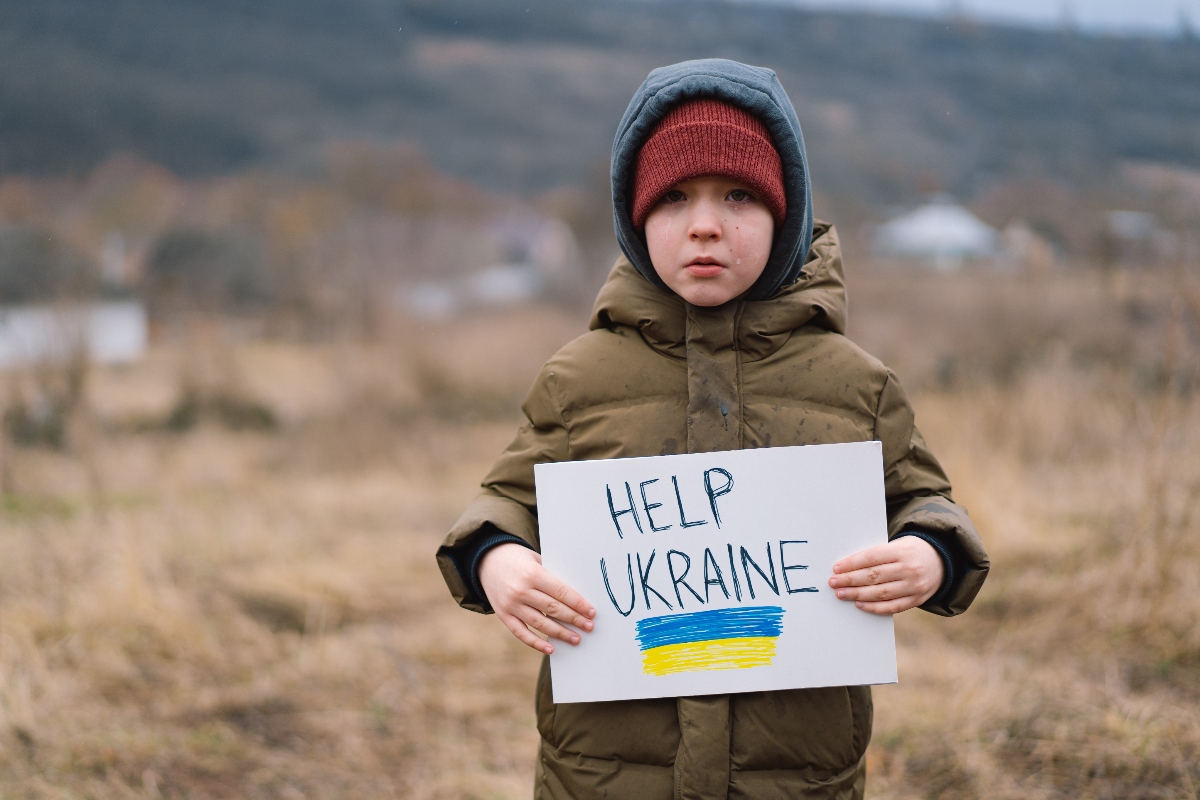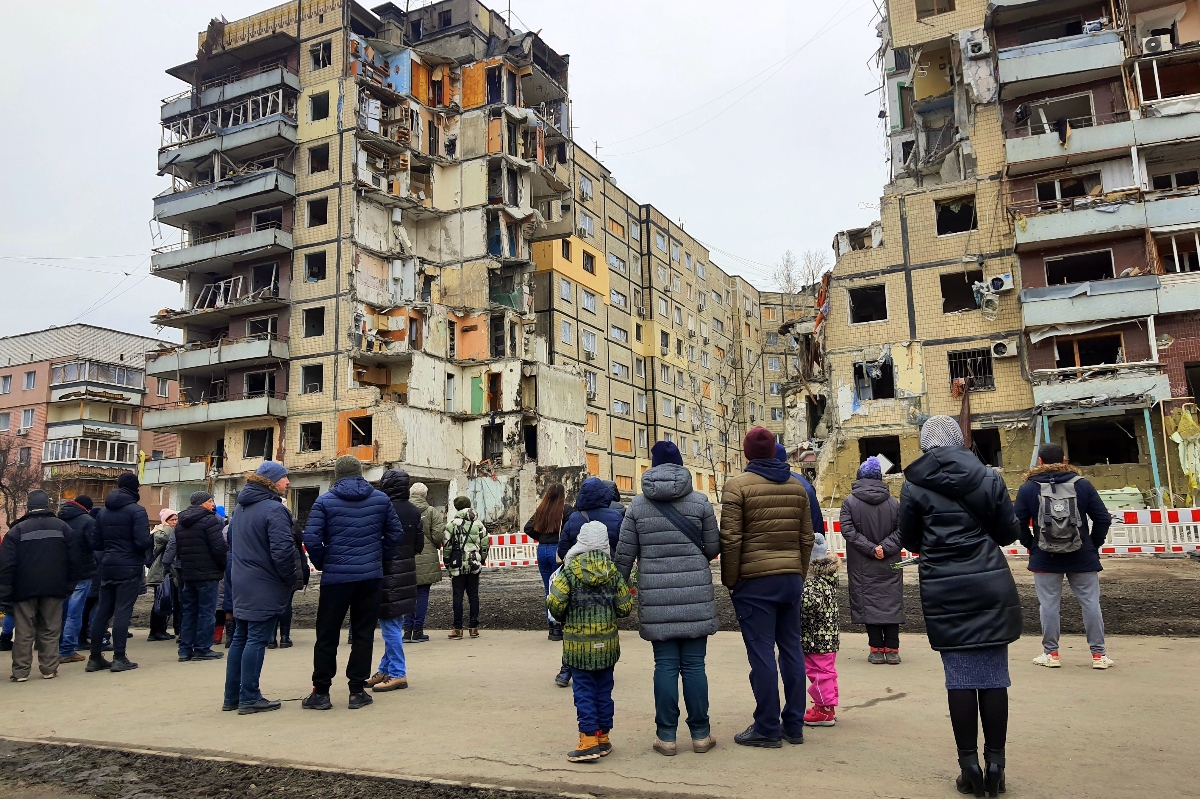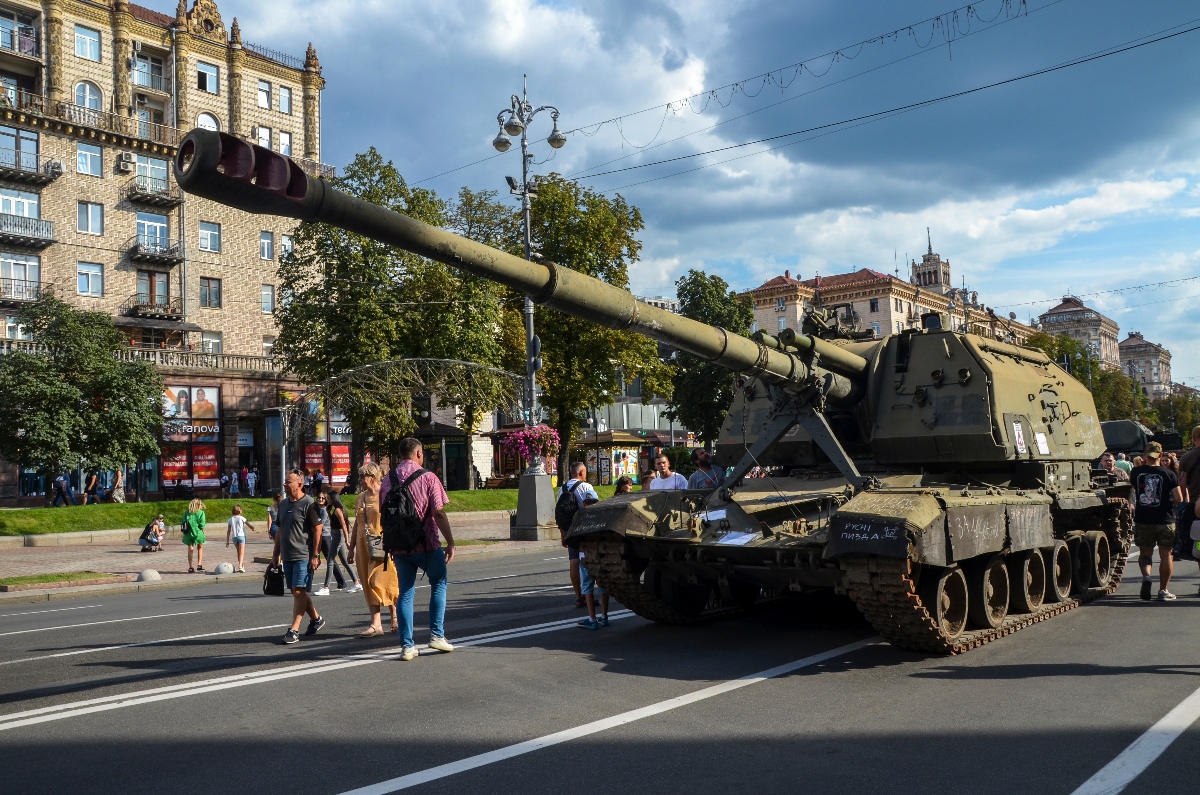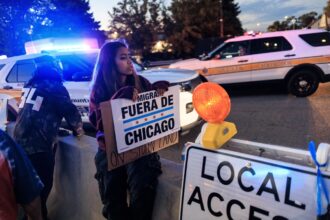The war between Ukraine and Russia has left a deep mark on recent history, affecting not only Europe, but the entire world.
As analysts debate the future of the conflict, crucial questions arise: Is it possible for the war to end in 2025? What will be the consequences for the international community, including the U.S. Hispanic community?
Since its start in February 2022, the conflict between Russia and Ukraine has caused thousands of deaths and massive displacement of civilians.
According to UN figures, more than 8 million Ukrainians have sought refuge in Europe, with some even reaching the United States.
A negotiated peace agreement

Although negotiations currently appear to be stalled, many experts believe that 2025 could be a key year for reaching a peace agreement.
Ukrainian President Volodymyr Zelensky has made it clear that any resolution must include the restoration of occupied territory, including Crimea.
However, Russia may insist on maintaining control over certain areas.
A negotiated settlement could alleviate the humanitarian crisis and allow the return of millions of displaced persons, including families with members living in the United States.
A protracted conflict

Another possibility is that the war will continue without a clear outcome.
This could lead to further economic deterioration in Russia and prolonged dependence of Ukraine on international aid.
For U.S. Hispanics, this means a possible increase in the prices of basic goods, especially food and energy.
Violence that escalates

The risk of escalation is also present.
If new international actors decide to become directly involved, the conflict could take on a global dimension.
This would increase political and economic tension, affecting vulnerable communities around the world.
Economic sanctions imposed on Russia have transformed the global trade landscape, affecting markets such as energy and food
QuéOnnda.com
Impact on the US Hispanic community

The Hispanic community in the United States is already feeling the indirect effects of the conflict.
From rising gasoline prices to food inflation, the war has had a tangible impact.
In addition, many Hispanics have shown solidarity by joining humanitarian relief efforts for displaced Ukrainians.
On social networks, Latino groups have shared stories of Ukrainian migrants who are now part of their communities, showing how the conflict has brought people from different cultures together.
The future of the war between Ukraine and Russia is uncertain, but the decisions made in the coming months will be crucial.
For the U.S. Hispanic community, staying informed and participating in humanitarian initiatives will be key to addressing the challenges presented by this global conflict.
For more International news, visit QuéOnnda.com.














